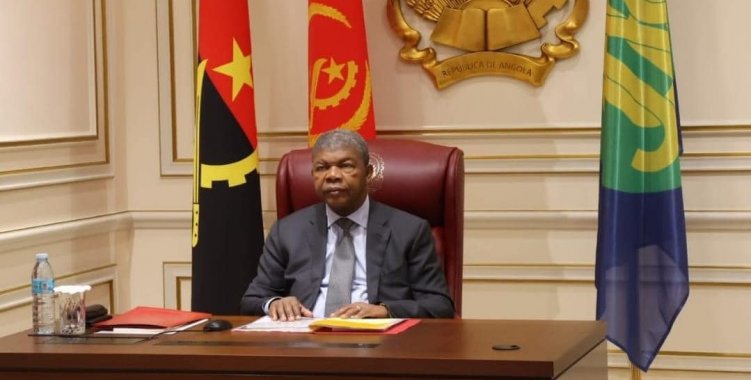"The public health crisis plaguing our region represents a serious threat to sustainable development and the well-being of our people. At this critical moment, we must recognize the urgency of our response and the need for coordinated and effective action, as the cholera knows no borders and requires a regional approach to tackle it", he maintained.
The SADC leader, who spoke at the opening of the virtual summit called urgently to discuss the cholera outbreak in the region, considered that "in difficult times, like this, solidarity and joint action" that unites SADC member states region "are indispensable".
"And it requires a collective and coordinated response to prevent and control the spread of this disease in our community", he stressed, expressing solidarity with the affected countries and with the families who have lost loved ones.
Zambia and the Democratic Republic of Congo (RDCongo), both countries with an extensive land border with Angola, are the countries that have recorded the cholera epidemic, due to the intense rains that fall in those territories, with reports of case records also in other countries in the region.
SADC is a Regional Economic Community made up of 16 Member States, including Mozambique.
João Lourenço recalled, in his intervention, that Angola was committed to leading the process of regional integration and development guided by the motto, "Human and Financial Capital: The Main Factors for Sustainable Industrialization in the SADC Region".
He defended the need to make decisions to prevent and combat the spread of cholera in the region and provide an effective response to the disease, based on the findings of the Ministers of Health and the report of the SADC Council of Ministers.
These, he noted, "require an integrated and holistic approach that addresses not only health challenges, but also economic, social, environmental and governance challenges in an effective and sustainable way".
On the other hand, he recognized that there is still a way to go to achieve the regional framework for the implementation of the 2030 Global Cholera Prevention and Control Strategy, despite the commitment of SADC Member States, evidenced by investments in human capital, in strengthening infrastructure and increasing equitable access to health services.
In the opinion of the SADC President-in-Office, the region also needs solid emergency plans, trained human resources and effective warning systems.
"Our fight against cholera requires more than simple medical treatment, it requires a comprehensive strategy that integrates community health promotion, quality health care, effective case management and the strategic use of oral cholera vaccines, as a preventive measure", he highlighted.
The limitations of resources for the acquisition of medical products, vaccines, tests and laboratory reagents, in many countries in the region, for the prevention and adequate and timely management of cases, were also highlighted by the President.
"The most worrying thing is our limited capacity to access vaccines, which is why we need to challenge existing norms and adapt them to the current context, so that countries can have timely, equitable access and in safe quantities for all populations in affected and high-risk areas", he said.
João Lourenço considered it urgent to strengthen technological transfer mechanisms and investment in factories for the local production of medicines, medical products and vaccines, aiming at self-sufficiency, also guaranteeing economic and technological development, creating jobs and encouraging innovation in the pharmaceutical sector in the region.







